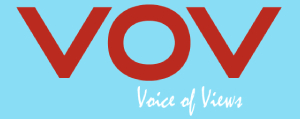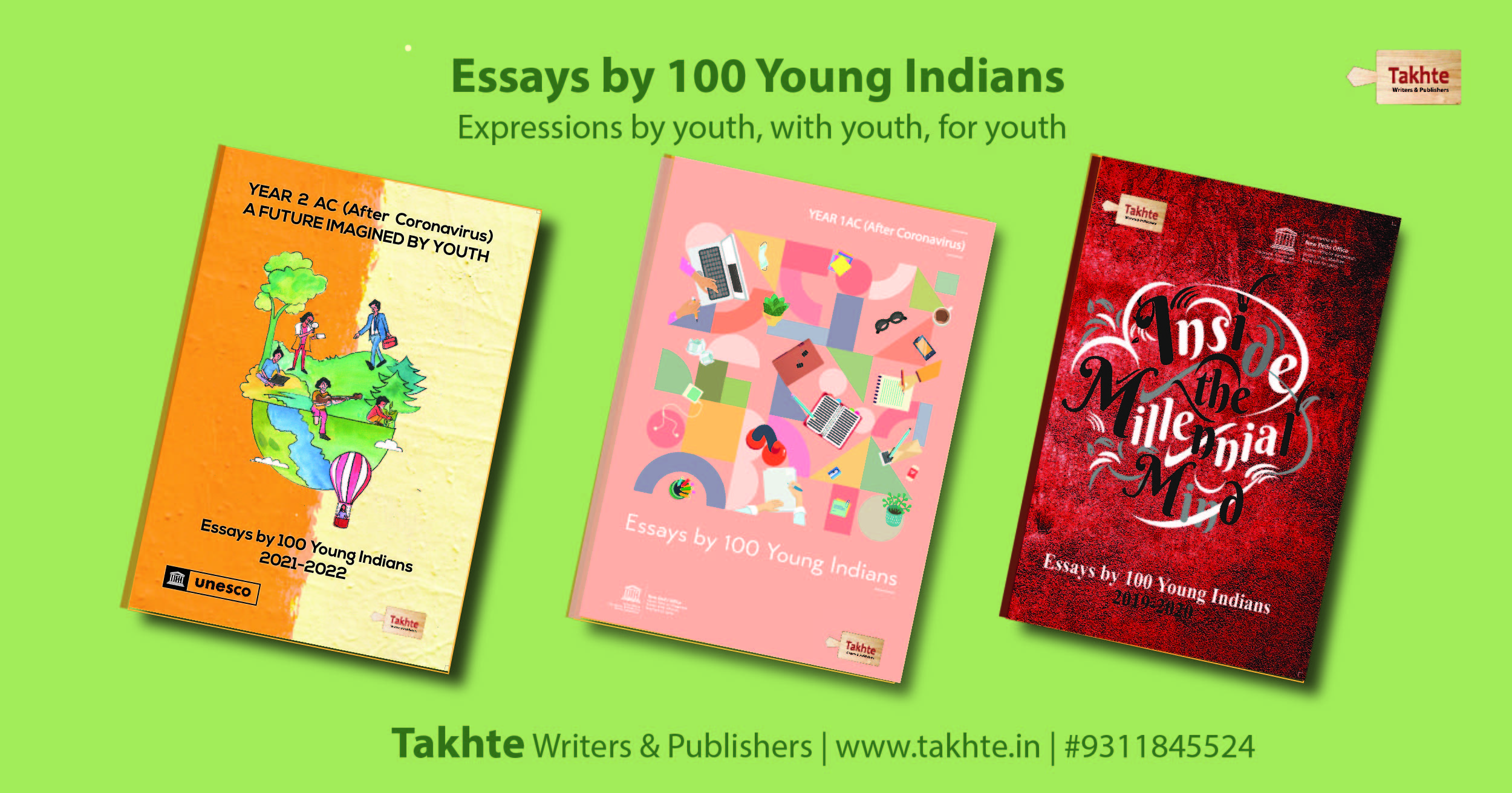Contest Essays
YEAR 2 AC (After Coronavirus): A Future Imagined by Youth
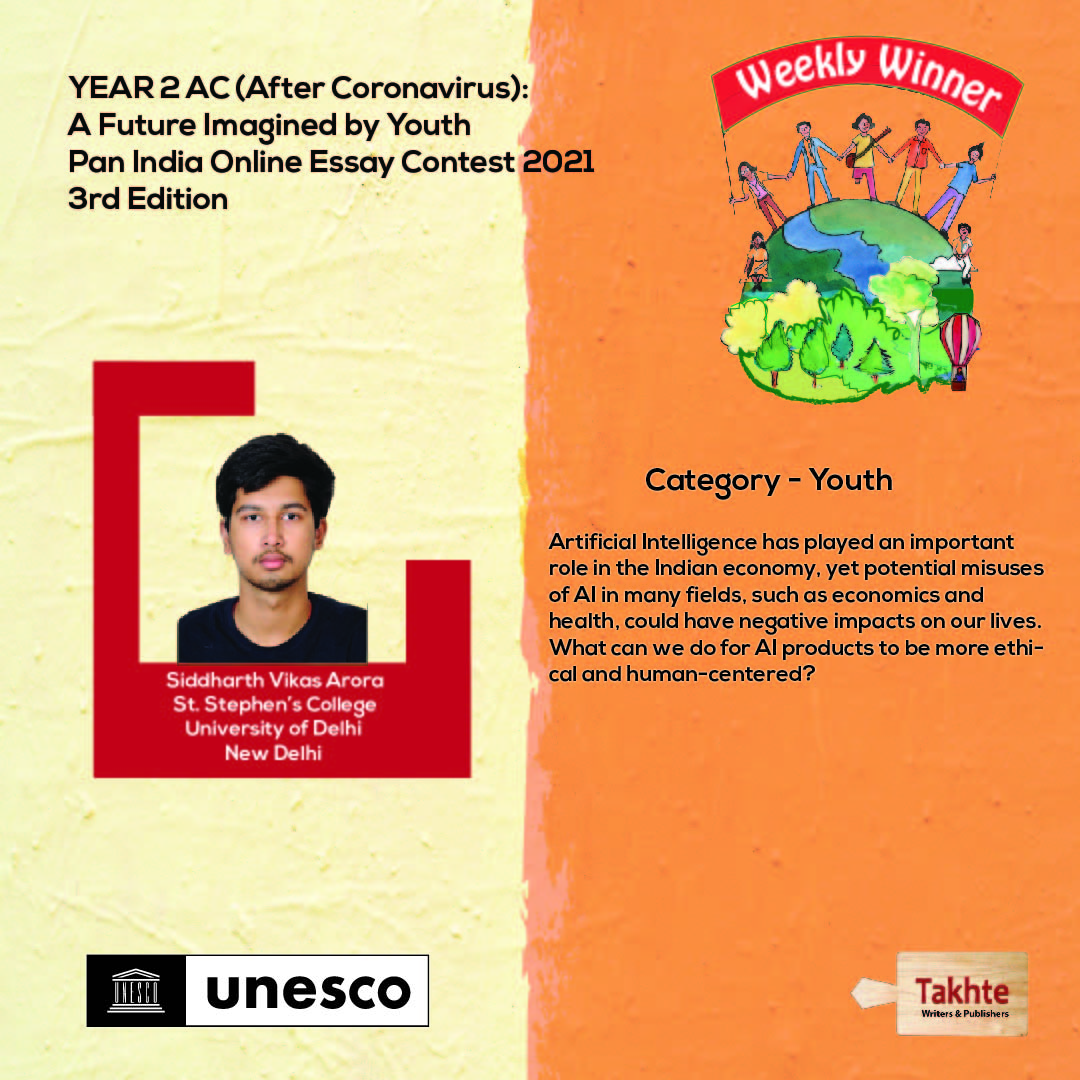
Siddharth Vikas Arora
St. Stephen’s College
University of Delhi
New Delhi
Weekly Winner
(Pan India Online Essay Contest 2021- 3rd Edition)
Category – Youth
Essay Topic:
Artificial Intelligence has played an important role in the Indian economy, yet potential misuses of AI in many fields, such as economics and health, could have negative impacts on our lives. What can we do for AI products to be more ethical and human-centered?
In the rapid pace of the 21st Century, there seems to be one broad goal on everyone’s mind: Simplification of complexities and Speed. The history of technology has seen a constant state of variability over the past half-century. We have moved from the fibre optics cables to satellites to finally now, the Internet of Things. Even the unreachable is now within reach, and the connection is omnipresent. AI will descend on Earth and get to work. In fact, in some spheres, it already has (self-driving cars).
It is advancing at such a fascinating rate that it is difficult what shape it will take in the coming decade or even over the next five years. So, what does this automation mean for the commoner & how it will affect us? Whether you have realised it or not, even in its nascent stage, AI is already making our lives easier. For example, virtual assistants with conversational AI such as Siri or Alexa have already proved their mettle in running a household or anything of one’s convenience at the tip of our tongues. The fact that AI will redefine productivity is therefore undebatable. We need to recalibrate our perception of AI because the traditional ‘man vs machine’ perspective depicted by the entertainment industry no longer fits the bill. Robots are not here to take over our jobs but to augment our abilities.
In an attempt to get a head start, several corporations worldwide are beginning to leverage cutting-edge technologies like machine learning, blockchain and more to automate their processes. For example, JP Morgan has adopted a software programme called COIN (Contract Intelligence), which performs an arduous task of interpreting loan agreements and other contracts within seconds, a task which would have otherwise accounted for 3,60,000 lawyers’ hours annually. ¹
However, recently, Shoshana Zuboff, a Harvard professor, has coined a buzzing new phrase – ‘surveillance capitalism’, which seems to be the next major thing in the world’s economic order. As she explains in her work, surveillance capitalists exploit AI to use the human experience as data to anticipate the consumer’s next steps, and then trade these predictions in what she calls “behavioural futures markets”. ²
In the contemporary world, surveillance capitalism has emerged as a derivative of industrial capitalism that prevailed for the last century. Almost all growth and increase in profits that organisations function relies on the dark side of digitalisation. Nevertheless, the entire system of AI has run so deep that a few Russians were able to manipulate the US Presidential Election 2016.³ Nearly every product or service that is “smart” and acts as a “digital assistant” is a by-product of this surveillance capitalism. The Cambridge Analytica fiasco speaks for itself, only to be exacerbated by the spread of fake news.
While in the past industrial capitalists with their smokestack images of inhumane working conditions, surveillance capitalists are posing a more significant threat to the economic and social well-being of the masses. These capitalists operate on “hyperscale”, where they employ very few people despite possessing a power of immense market capitalisation. Yet recently, Mohit Joshi, the President of Infosys, has questioned: “why can’t we do it with 1 % of the people we have”. ⁴ This emergence of a new form of capitalism is unlike any economic order that the modern world has witnessed before and could have more harmful complications than expected. Yet, what seems more alluring is that the competition among these capitalists is slowly but steadily challenging the foundation of our democratic societies. They may know everything and make predictions about us, but not for us. While our behaviour is being packaged and sold, how should one maintain a sense of self that isn’t open to being reaped for monetary value?
Perhaps the time has come to reassess capitalism’s new and close relations with data. Implementable restrictions on data collection and a closer watch on the workings and production of particular goods and services might be what is needed. However, no governing body has cracked this code at the current pace yet, and it seems to be getting harder to do. We are both legally and ethically far behind these capitalists, and this catch-up game needs to be a quick one to avoid a catastrophe of market power and privacy breaches.
References
¹ Dom Galeon, “An AI completed 360,000 Hours of Finance Work in Just Seconds” . Futurism, September 3,2017. https://futurism.com/an-ai-completed-360000-hours-of-finance-work-in-just-seconds
² Shoshana Zuboff. “The Age of Surveillance Capitalism: The Fight for a Human Future at the New Frontier of Power”. New York: PublicAffairs, 2019.
³ Alina Polyakova. “Weapons of the weak: Russia and AI-driven asymmetric warfare.” Brookings, November 15,2018. https://www.brookings.edu/research/weapons-of-the-weak-russia-and-ai-driven-asymmetric-warfare/
⁴ Kevin Roose, “The Hidden Automation Agenda of the Davos Elite”, New York Times, January 25,2019. https://www.nytimes.com/2019/01/25/technology/automation-davos-world-economic-forum.html
Contest Essays
UNESCO and Takhte launch third book of youth essays ‘Year 2 AC (After Coronavirus)’
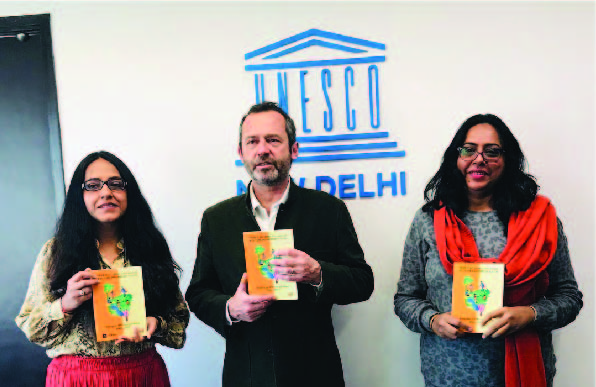
Continuing with the momentum of the previous editions of their pan India essay contest, the UNESCO New Delhi Cluster and Takhte launched the third edition of the Essay contest book, ‘Year 2 AC (After Coronavirus): A Future Imagined by Youth’ on 17 December 2021.
The book contains a compilation of 100 winning essays written by young Indians and presents their unique perspectives on the challenges that youth face in the wake of the COVID pandemic – from disruption to education, to massive increases in the use of digital challenges. The contest presented them with a platform to imagine solutions to these challenges, both for the short and long terms. Over 900 submissions from across 30 States and Union Territories were received.
The book is a must-read to understand the observations, perspectives, and foresight of young writers across India. It includes a plethora of issues covered by the young writers, varying from education to culture, community to biodiversity, and the environment to disruptions in tourism. The anthology of essays is distinctive and unique, providing an important space for young people to demonstrate their knowledge, capacities, and drive for action.
“This book serves as a repository of reflections drawn directly from the minds of young people across India. What is so inspiring about these essays, however, is that a common thread can be found in young people’s desire and energy for change. They are demonstrating that they have the knowledge and wherewithal to step up and be part of the solution as we recover from the challenges of the pandemic,” said Eric Falt, UNESCO New Delhi Director.
“Writing can be therapeutic. Children and youth must pen their thoughts as it can be incredibly relieving during these challenging times. Channelling the energy to the exclusive way of expressing and journaling can help one find better solutions,” said Goldie Kasturia, Founder -Takhte & VOV.
Reposted from UNESCO, New Delhi website
The book can be purchased from Takhte’s cart https://takhte.in/cart.php
Contest Essays
YEAR 2 AC (After Coronavirus): A Future Imagined by Youth
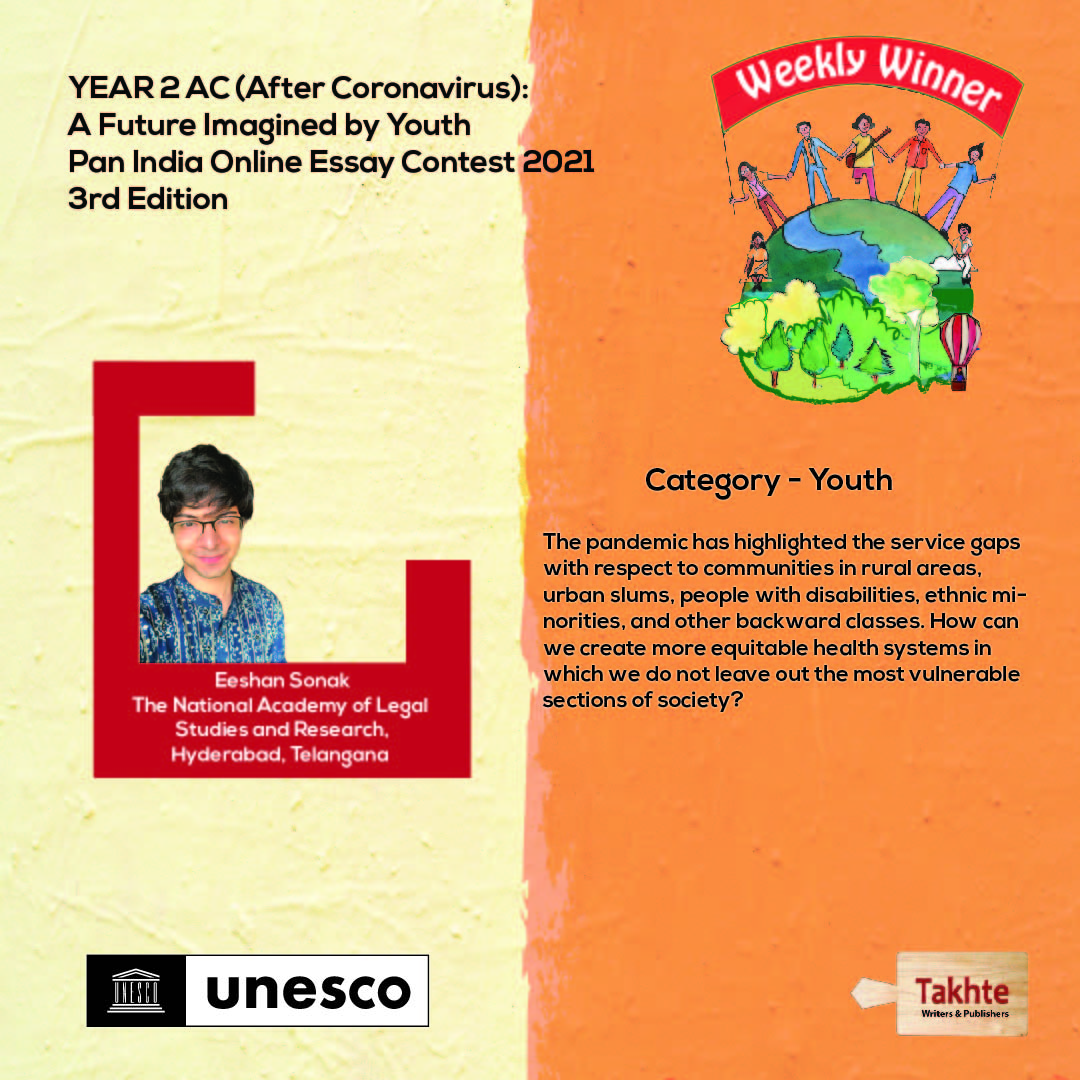
Eeshan Sonak
The National Academy of Legal Studies and Research
Hyderabad
Telangana
Weekly Winner
(Pan India Online Essay Contest 2021- 3rd Edition)
Category – Youth
Essay Topic:
The pandemic has highlighted the service gaps with respect to communities in rural areas, urban slums, people with disabilities, ethnic minorities, and other backward classes. How can we create more equitable health systems in which we do not leave out the most vulnerable sections of society?
Justice Albie Sacha, the legendary South African Jurist, while hearing the Soobramoney case, was faced with a moral dilemma. Mr Soobramoney, a patient suffering from chronic renal failure, approached the South African Supreme Court asking to order the state hospital’s dialysis service to keep death away for as long as its machines could keep him alive. The hospital’s limited resources meant that only a few renal failure patients could be administered life-saving dialysis treatment. Mr Soobramoney did not qualify for treatment at the State’s expense, as he was unlikely to recover even after treatment and only hoped to gain a few years of life.
Reading about this case and the difficult choice the Court had to make in refusing to interfere was my first introduction to the moral complexity of the enforcement of socio-economic rights. I learnt that resources are always limited. By their very nature, socio-economic rights involve rationing. Such rationing cannot be considered a restriction of the right to access services like healthcare, but the very precondition for its proper exercise. Unlike the right to free speech, which by its very nature is not rationed, the right to access health care is shared, often competitively, with other holders of the right. Therefore, socio-economic rights must have different legal characteristics from the exercise of a classical individual civil right that is autonomous and complete in itself.
While the framing of our Constitution guaranteed first-generation civil and political rights, it has been far from successful in ensuring a progressive realization of second-generation socio-economic rights such as food, housing, health, education and welfare. The inequitable distribution of services has always been regarded as an inherited consequence of past injustice and no indications of a failure to meet current societal obligations.
In this essay, as a law student, I shall use the law and public policy lens to approach the inequitable distribution of healthcare services. As I see it, there are two co-related issues involved: first, the scarcity of healthcare services and resources, and second, the cornering of the few available resources by the dominant classes. In rural India, the first issue poses a, more significant problem. In contrast, in the urban metropolis, we see that the issue is not the inadequacy of facilities but their skewed distribution.
In addressing the first issue, I would draw a parallel to the environment I am most comfortable with- the law school setting. Like most law students in the top tier, National Law Universities seek corporate placements, many of the most gifted medical students seek jobs at high paying private hospitals in urban areas or even abroad. Apart from the existing policies; there should be measures that incentivize a civic sense of community service and social impact. I believe that this model would better tackle the crisis of inadequacy of medical services in rural India. However, understandably, the issue of capacity building in the healthcare sector is a mammoth task that must be progressively achieved.
What is less spoken of and equally destructive is the second issue- the cornering of existing services by a few. In the realm of health, no individual can be faulted for using their resources to gain the best possible treatment or care. I think the burden of addressing this concern rests on those formulating healthcare policy. Private hospitals often enjoy far greater infrastructural facilities and other resources vis-à-vis government hospitals. Apart from strengthening Government hospitals to bridge this wide gap, we could have a policy mandatorily requiring private hospitals to play a more significant part in the cost-free treatment of vulnerable sections of society. In sum, I see instilling a civic sense in the populace and introducing policies as the way forward in addressing the issue of our inequitable health systems.
Contest Essays
YEAR 2 AC (After Coronavirus): A Future Imagined by Youth
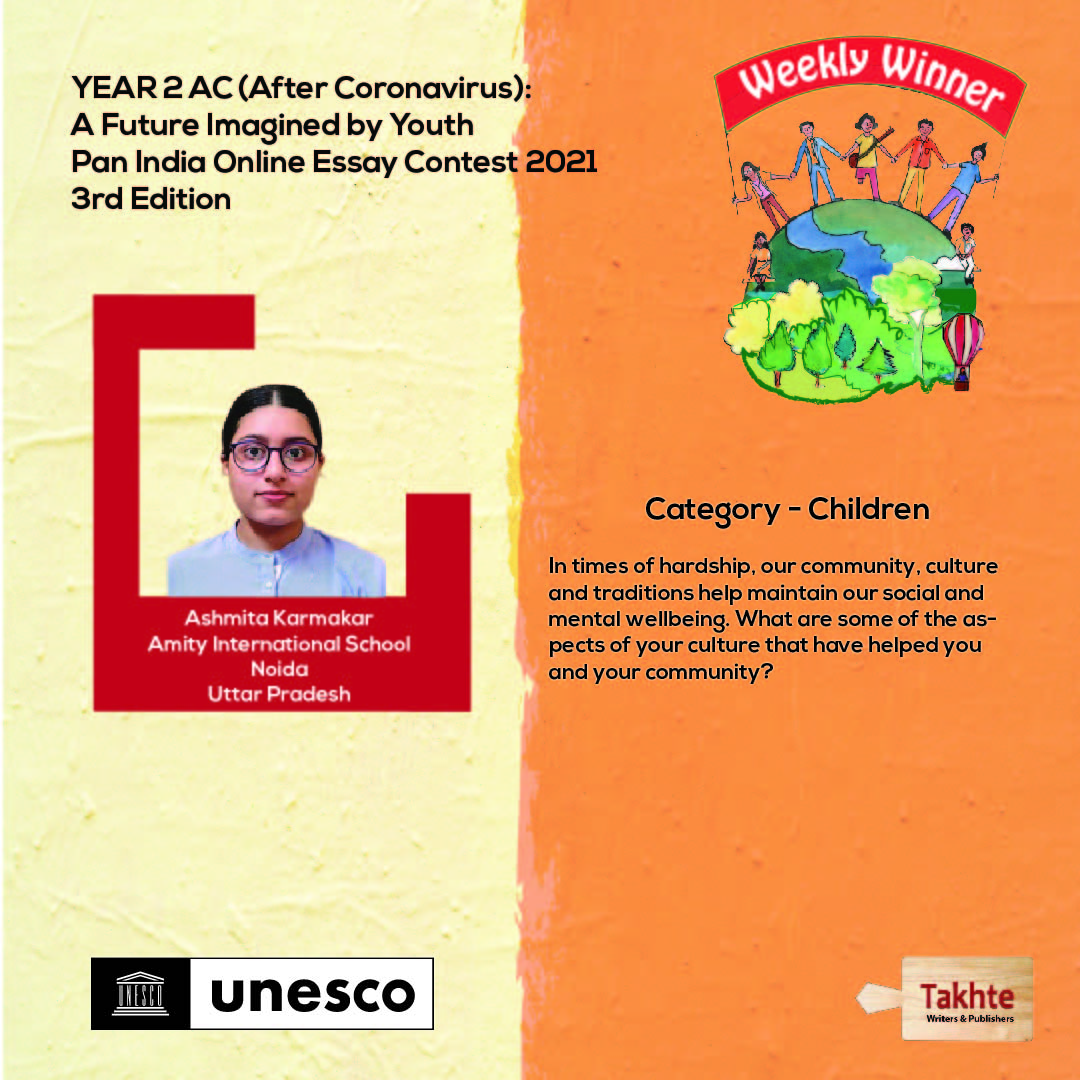
Ashmita Karmakar
Amity International School
Noida
Uttar Pradesh
Weekly Winner
(Pan India Online Essay Contest 2021- 3rd Edition)
Category – Children
Essay Topic:
In times of hardship, our community, culture and traditions help maintain our social and mental wellbeing. What are some of the aspects of your culture that have helped you and your community?
WAS IT HALF-EMPTY OR HALF-FULL?
As Trisha pressed the ‘Leave’ button, she sighed in distress. She averted most of the homework assigned by her English teacher. Today, she dropped yet another topic for an essay beyond her understanding. She exclaimed to herself, “How does she expect us to write a 200-word essay on the ‘Positive Side of the pandemic’?”. Trisha rushed to her grandmother, her problem-solver and support system.
As she knocked on the door impatiently, Trisha’s grandmother already knew that this knock of impatience must have taken birth from a homework dilemma that her granddaughter often encounters. She called Trisha in. And, with her grumpy slight frown, Trisha cribbed, “Dadi, I think English ma’am is an alien. How can she give such absurd topics to write essays on?” Granny laughed, and as she was about to comment, her talkative granddaughter continued. “You won’t believe what she gave us for homework today”, she continued. “She told us to write an essay on the ‘Positive Side of the Pandemic’, that too in 200 words”.
“I am positive that she was joking. How is there any positivity in the pandemic, nothing good has happened during this crisis! Millions died around the world; economies fell, thousand were left jobless, and..” she went on complaining about the Pandemic. Grandmother didn’t interrupt Trisha until she paused to catch hold of her breath, and she started speaking. “Trisha, any situation in life must be looked upon from two sides or perspectives. Every situation, including this pandemic, has both a positive and a negative side. You kept on complaining, as you only looked at its negative side. It is true that during today’s time, the negative impact of the pandemic is more prevalent, but this doesn’t mean that one can overlook its positive impact. Although, the positive may be in the minority, still, it is there. Your teacher has assigned you this Home-Work to encourage young children like you, widen your perspective, and not only rely upon one side of the situation. I hope you can understand what I am trying to explain.”
“No, no, Dadi. I am not able to understand. If it is so, then can you please tell me WHAT are Positive Impacts are? How can I look from a different perspective when only one perspective is present in this situation?”
Grandmother started narrating a story to Trisha. As they reached the end of the story, she asked Trisha, “What do you think, dear, was the glass half-empty or half-full?”. Trisha replied, “Granny, I think the glass is half-full; the protagonist should understand this, shouldn’t he? He should always look at things with a positive outlook!”. Grandmother, alas, said, “Trisha, just like the glass, every situation can be either looked upon through a positive viewpoint or a negative one. Like, the same glass, could be half-empty for one person and half-full for another, we can see the pandemic, too, with a positive outlook. It not only has its share of positive impacts, but it can also lead to some ever-lasting beautiful changes in the world. Now, put on your thinking caps and start working on your homework, okay sweetie?”
“Yes, granny”, she excitedly remarked. “I will get nothing but A+ grade in this essay, I promise. Thanks a ton, Dadi, you are the best!!”. She ran to her room with an enlightened mind and an energised soul.
The next day, she read out her essay and finished by saying, “In the end, I would like to mention if the ‘Glass was half-full or half-empty”. I think it was always full as the bright side always overshadows the dark side, no matter how dark the side is! Thank you!” As she muted herself, a huge round of applause and an array of compliments awaited her.
After her presentation, she rushed to her grandmother and again knocked impatiently. But this time, her Granny knew that it was a happily different knock.
-

 Poems3 years ago
Poems3 years agoPoems
-

 Uncategorized2 years ago
Uncategorized2 years agoOnline Elocution Contest
-
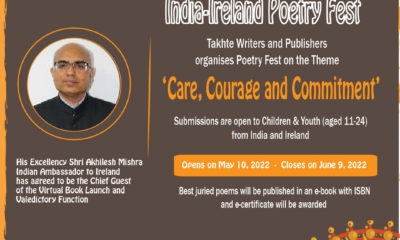
 Poems2 years ago
Poems2 years agoIndia-Ireland Poetry Fest
-

 Legal Talks3 years ago
Legal Talks3 years agoCompliances Relating to the Commercialization of Electronic Devices
-
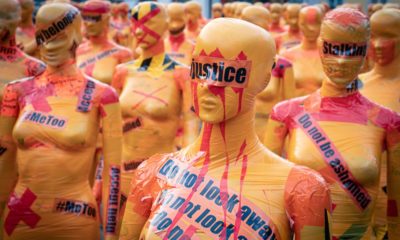
 Legal Talks3 years ago
Legal Talks3 years agoCUSTODIAL RAPE IN LIGHT OF THE MATHURA GANG RAPE CASE
-

 Art & Culture3 years ago
Art & Culture3 years agoThe Lore of the Days of Yore: Significance of History
-

 Short-story3 years ago
Short-story3 years agoBibek’s visit at his friend’s bungalow
-
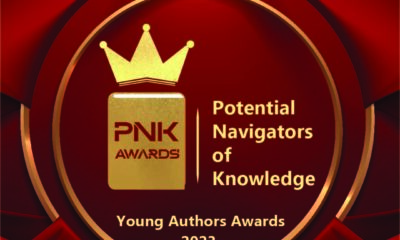
 Uncategorized1 year ago
Uncategorized1 year agoPotential Navigators of Knowledge (PNK) Young Authors Awards
